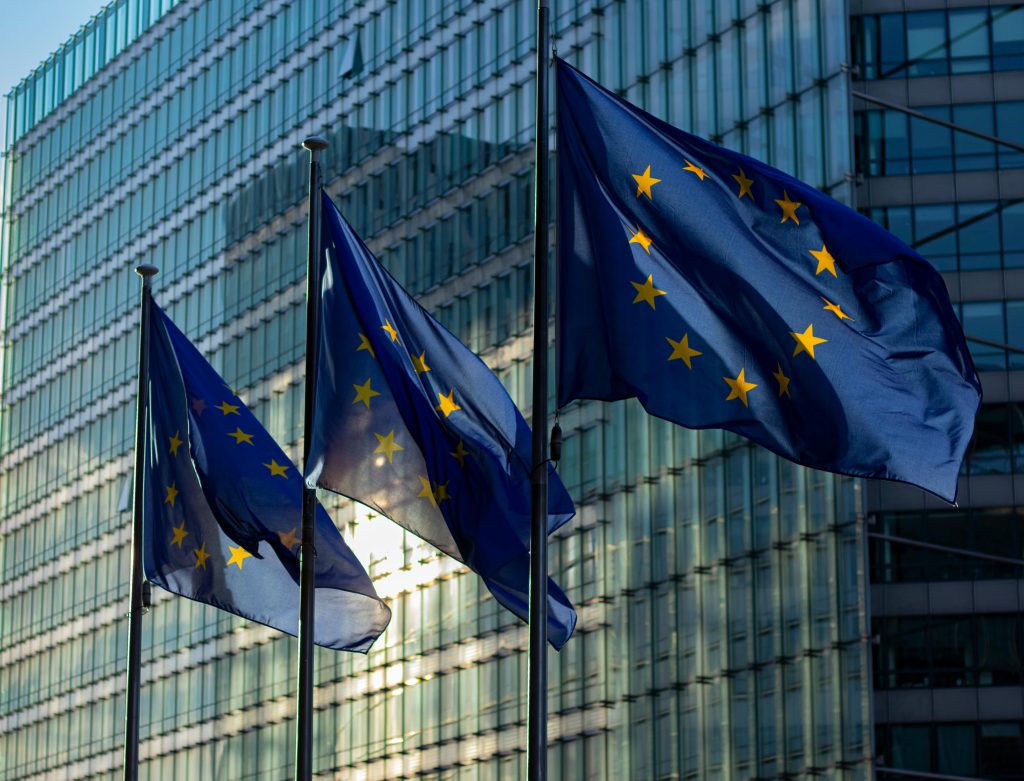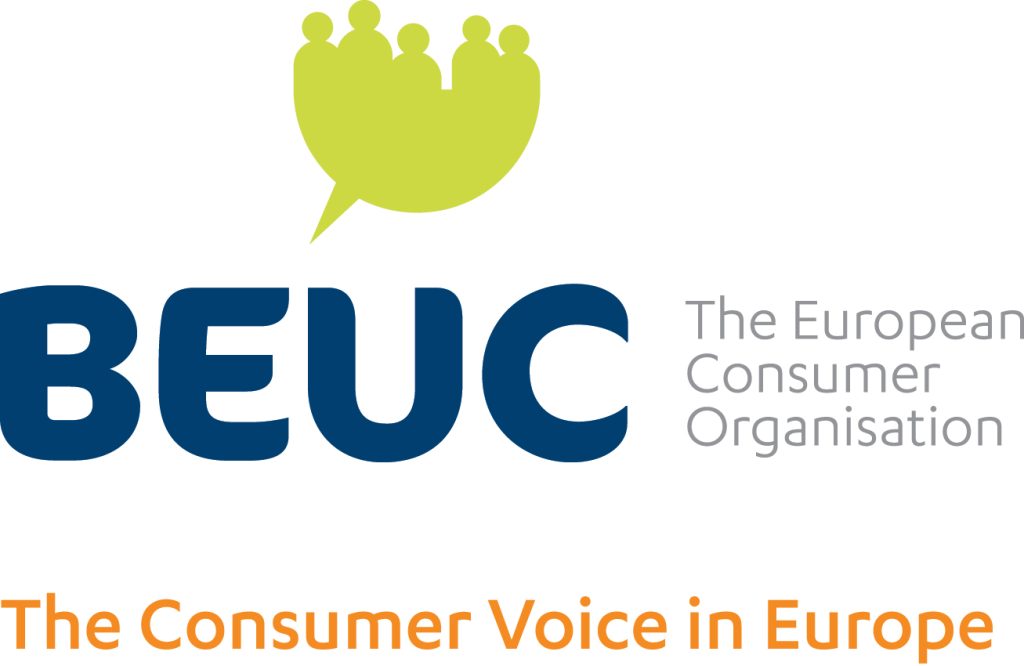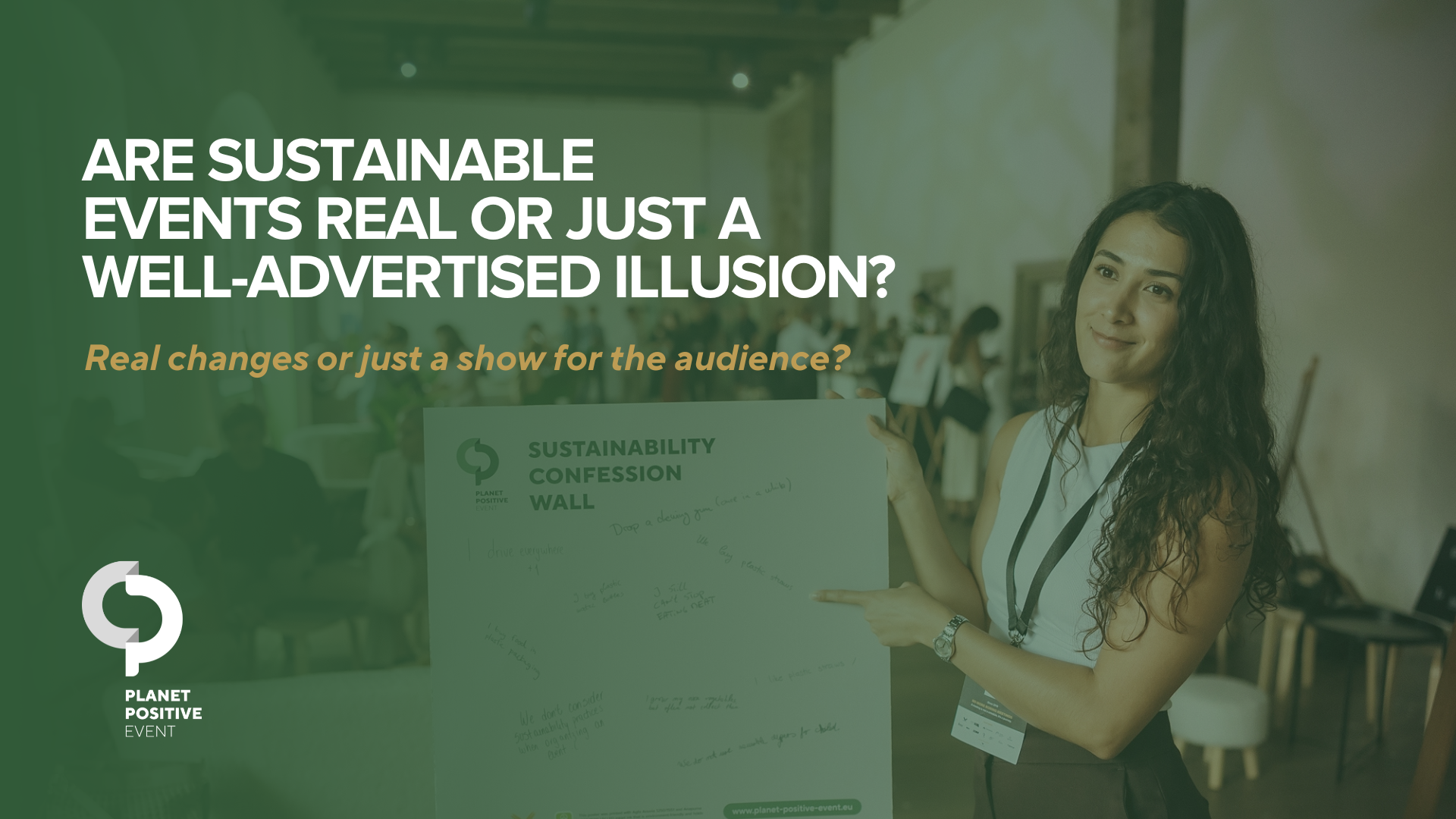Our event is carbon negative

The days of greenwashing in the European Union are numbered
The media and the industry have been awash with discussions surrounding the Directive of the European Parliament and Council on empowering consumers for the green transition through better protection against unfair practices and improved information (COM(2022) 143 final). Commonly referred to as the new EU rules to combat greenwashing, the directive addresses the increasingly pressing need for clarity and accountability.
The core issue tackled by the directive is the prevalence of misleading environmental labels or green claims related to a company’s products, achievements or commitments. These claims frequently restrict consumers from making genuinely sustainable choices, including in the organisation of events.
To assess the situation in the marketplace, the EU conducted three studies in 2014, 2017, and most recently in 2020. The 2020 study revealed that a substantial proportion of environmental claims (53.3%) contained vague, misleading, or unfounded assertions regarding the environmental characteristics of products within the EU across numerous product categories. Moreover, the analysis showed that 40% of these claims lacked substantiating evidence.
These findings were further elaborated by a survey carried out in November 2020 by national consumer protection authorities. Their evaluation of 344 sustainability-related claims concluded that in more than half the cases (57.5%), traders failed to provide substantiation to verify the accuracy of the claim.
The directive is poised to come into effect in September 2026. However, event organisers should already start adopting the fundamental principle of verifying explicit environmental claims before publishing them. Every “eco” statement must be verified by independent, third-party experts beforehand.

The run-up to the new legislation also saw the conclusion of several high-profile court cases, which have since become part of established case law:
- A court in Amsterdam ruled that KLM had misled consumers with advertisements suggesting carbon-neutral flying (e.g. “Be a hero – fly CO₂ ZERO”). Following this, the European Consumer Organisation filed complaints against 17 airlines for greenwashing.
- A Californian court found that FIJI Water had misled consumers with its claims of carbon neutrality and offsetting 120% of emissions, statements based on controversial and only partially realised offset projects.
- Global Witness accused Shell of misleading investors by presenting natural gas as a renewable energy source and falsely claiming to reduce carbon intensity through carbon credits.
- The European Consumer Organisation called for an investigation into deceptive claims about plastic bottles being “100% recyclable” – a misleading assertion, as bottles are composed of various elements, including labels and printing inks that cannot be recycled.
- KlimaAllianz initiated proceedings against FIFA for advertising the World Cup in Qatar as climate-neutral. It was found that the emissions calculations were incomplete and failed to account for all greenhouse gas emissions.

Event organisers must strictly adhere to the upcoming legislation and ensure that all statements made from the outset are accurate and carefully considered. Article 3 is crucial, as it requires justification for any explicit environmental claims. For events, the following conditions must be met (an assessment is required):
- A claim must be based on generally recognised scientific evidence, use accurate information, and adhere to relevant international standards;
- It must demonstrate that the environmental impacts, aspects, or performance referenced are significant in terms of the product’s or event’s life cycle;
- If making a performance-related claim, it must consider all relevant environmental aspects or impacts required for a full environmental performance assessment;
- It must determine whether any improvements in environmental impact, aspects, or performance may cause significant harm in other areas, such as climate change, resource use and circularity, sustainable use and protection of water and marine resources, pollution, biodiversity, animal welfare, and ecosystems;
- Any greenhouse gas offsetting used must be clearly distinguished from actual emissions and described as supplementary information. The claim must state whether the offset refers to the reduction or removal of emissions and must describe how the offsets are of high integrity and accurately calculated to reflect the claimed climate impact.

Above all, we must use our common sense. Event participants will only trust and believe environmental statements if they are credible, well-founded, and supported by verifiable evidence. We always remind our clients to avoid vague terms such as sustainable, green, or eco. Such terms are often poorly defined, subjective, and context-dependent, potentially creating differing interpretations among individuals. Without a clear explanation, such terms quickly lose value and become empty buzzwords. Instead of using generic labels, provide specific measures or data to substantiate your claims – for example: “The event will be catered exclusively with locally sourced ingredients” or “We use energy from certified renewable sources”.
Because such terms are interpreted in different, sometimes differing ways, they can become misleading. Consider the following statements:
“Arrive at the event in a prestigious, sustainable, green, zero-emission electric limousine.”
“Travel around Slovenia by electric trains – 100% CO₂ free.”
These are examples of claims the new European directive aims to eliminate. We thus encourage you to read and study it carefully: EUR-Lex: Directive on Environmental Claims (Green Claims Directive).





